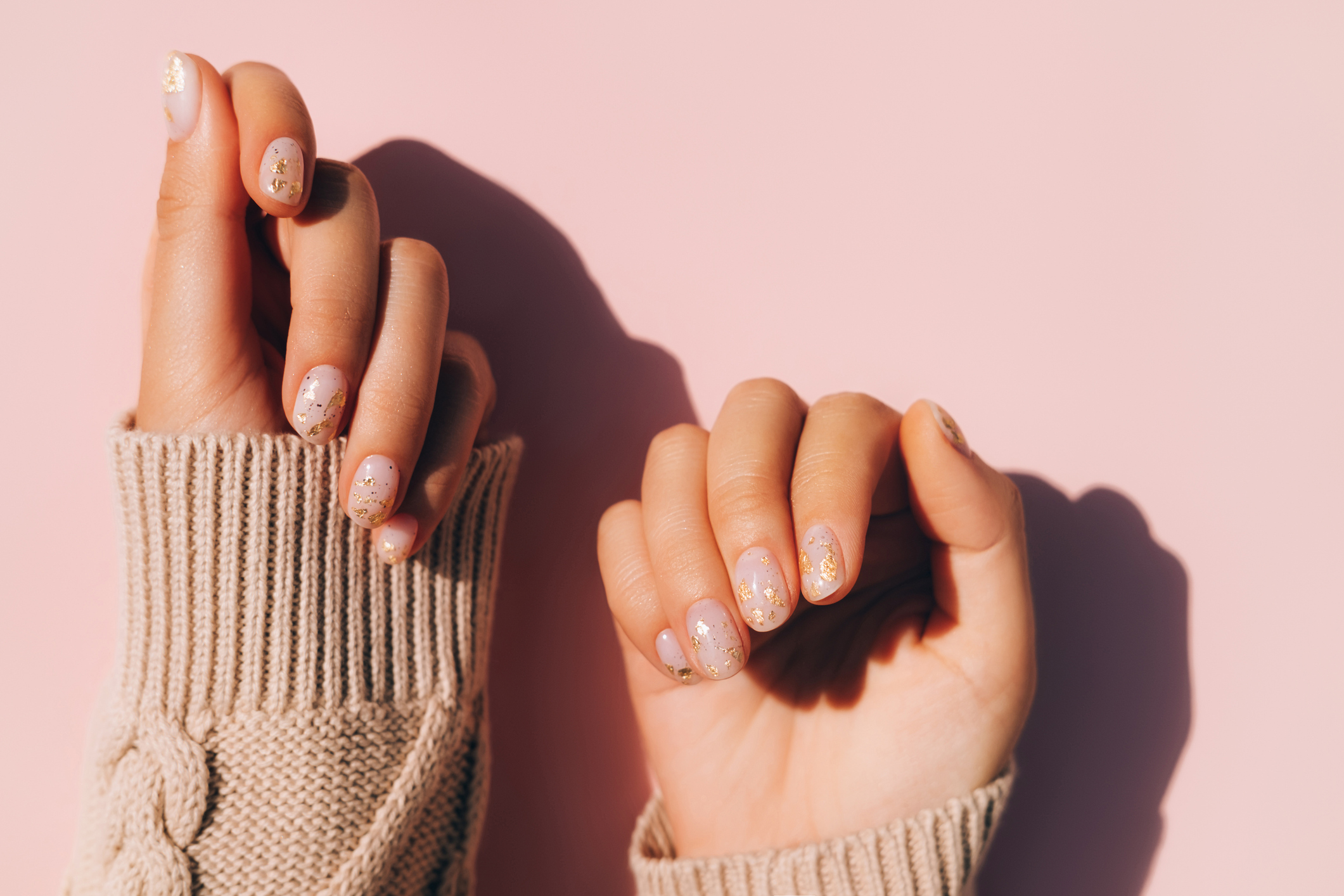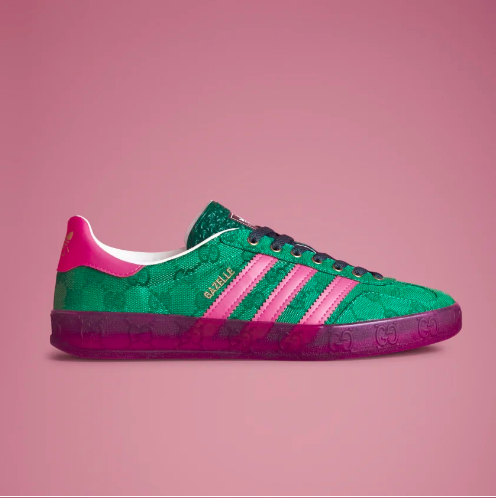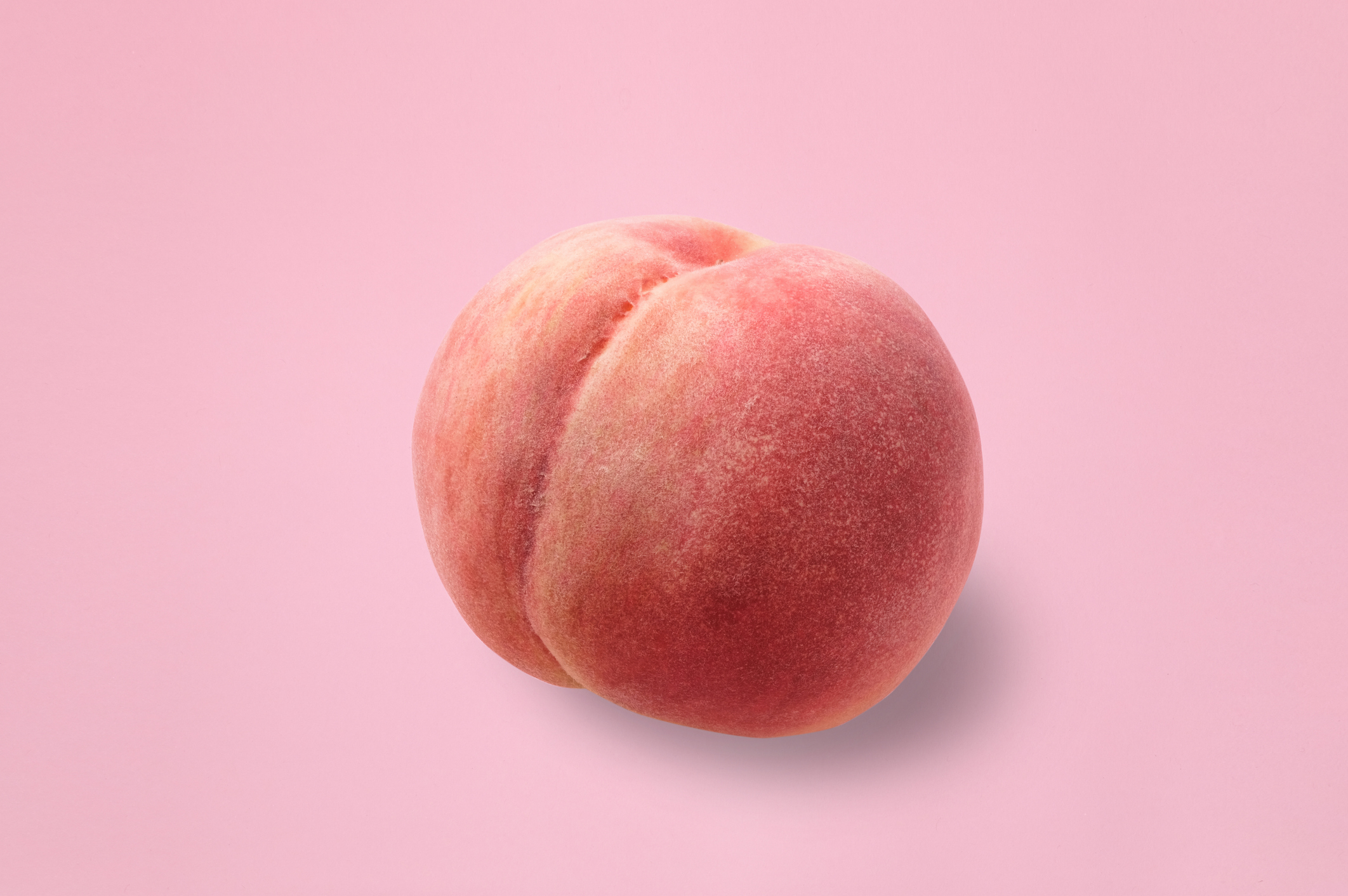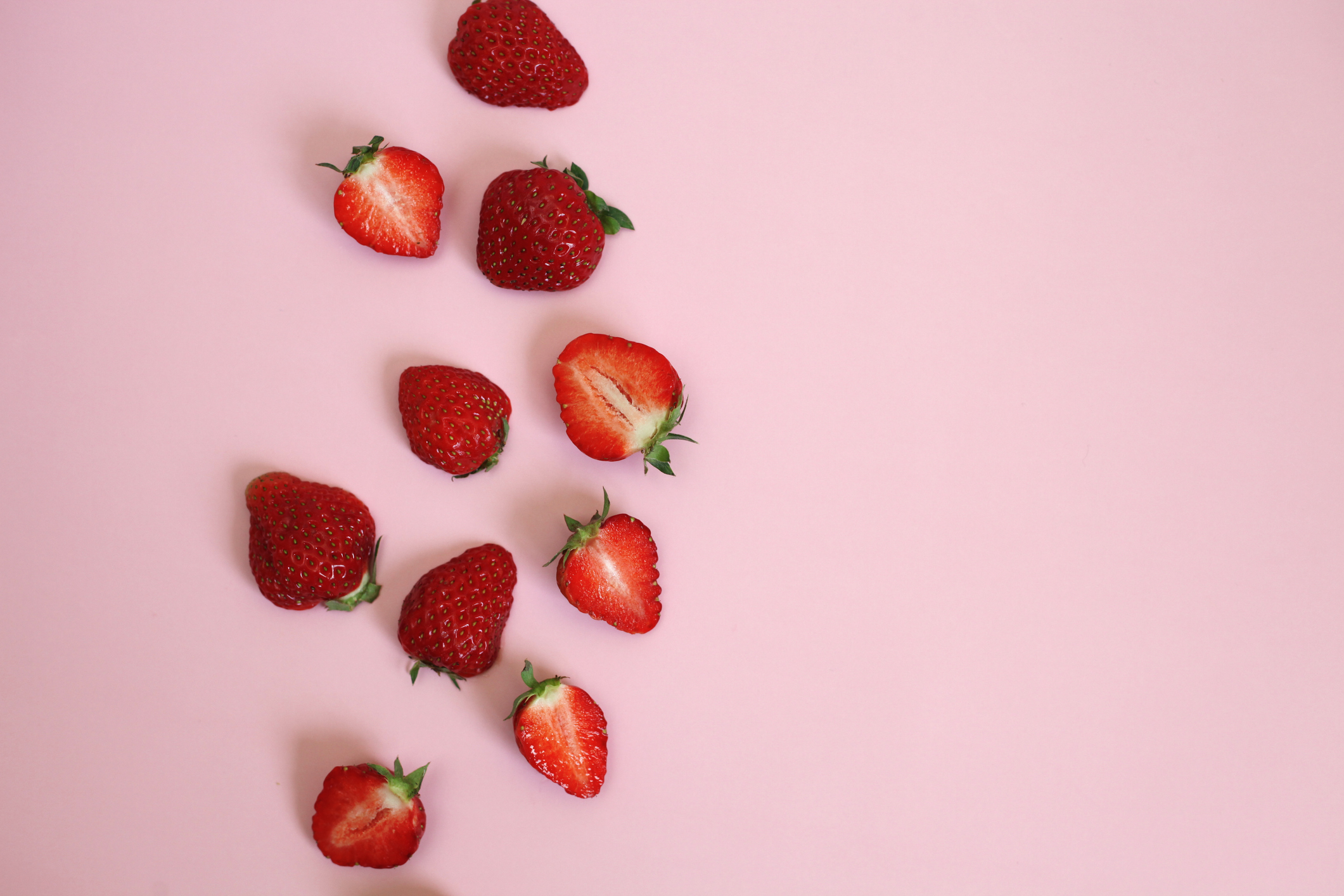We share key tips for attaining strong, healthy nails and cuticles that don’t crack or split.
Nothing is more effortlessly chic than having well-maintained natural nails. Having strong and healthy natural nails is not only aesthetically pleasing but also reflects our overall well-being. During winter, maintaining hand and nail health can be especially hard as the dry, cold air dries out our skin, nails and cuticles. However, with proper care, attention and some game-changing tips, you can achieve and maintain beautiful nails that are strong, flexible, and resistant to damage.
This article will explore how to achieve the perfect natural nail that looks great even without polish.
Nourish from Within
Good nail health starts with optimal nutrition. Include a wide, colourful variety of plants in your diet to ensure you get plenty of vitamins and minerals that support nail health. Incorporating foods like eggs, nuts, fish, and leafy greens into your meals also helps maintain healthy nail development.
Certain collagen powders can also help strengthen and grow nails. Marine Verisol® Bioactive Collagen Peptides have clinical studies demonstrating its benefits on nail, skin and hair health. Benefits include increased nail growth and reduced peeling and cracking. This collagen study found that cracked nails decreased by 42%, and nail growth increased by 10% after six months of Verisol® supplementation. On top of this, 75% of users perceived their nails as stronger, and 71% felt their nails grew quicker.
Vitamin C can also help support nail growth as it is essential for collagen production, a building block of nails. Vitamin C deficiency can lead to brittle nails and slow growth.
Have you noticed white spots on your nails? Our body uses zinc to help build and replenish nails over time. If you’re deficient in zinc, this can cause your nail plate to deteriorate, causing white spots to appear.
And lastly, biotin, also called vitamin B7, can help strengthen weak nails. It works together with pantothenic acid (vitamin B5) to produce keratin, a protein found in hair, nails, skin, feathers, horns, and wool.
Supplementing all the elements above may sound like a lot, but we’ve got you covered. Our Strawberry Marine Collagen Beauty Blend simplifies nail health by containing all four necessary ingredients plus an additional three more.
Hydrate & Protect
Just like your skin, nails need adequate hydration. Drink plenty of water throughout the day to keep your nails hydrated from the inside out. Regularly moisturise with a thick, occlusive hand cream and cuticle oil to prevent dryness and promote flexibility. We like to keep our cuticle oil next to our bed to apply each night before we sleep.
Protect your hands and nails whenever handling chemicals like cleaning products; wear gloves or wash your hands gently. When washing your hands, avoid using hot water, harsh soaps and submerging your nails in water for extended periods. Opt for gentle, creamy cleansing soaps and moisturise afterwards. You can also add a nail hardener polish as an extra layer of defence.
Maintain Optimal Nail Length
Maintaining short nails is crucial for nail health if your nails are already frail. Long nails are more prone to breakage, splitting, and damage. Trim your nails regularly using a gentle file or clippers. File in one direction; going back and forth can cause nails to split. Aim to keep them at a length that allows you to comfortably perform daily tasks without causing stress on the nail bed. Over time, as your nails get stronger, you can begin to grow them out longer if you prefer.
Nail Polish & Manicures
Frequent application of hard nail polish, like gel, can weaken your nails. If your nails are brittle, avoid use until they are more robust and make sure you give them a break between manicures to let them recover. Use reputable nail salons that are hygienic and gentle. Nail salons should properly clean their equipment between clients (or risk the spread of fungal infections) and not overly trim the cuticle or buff the nail excessively. Nail technicians should only cut the dead skin from the cuticle area; it should never cause bleeding or redness.
When choosing nail products like nail polish, opt for gentle nail care products free from harsh chemicals like formaldehyde, toluene, and DBP (dibutyl phthalate). These chemicals can be damaging and lead to brittle nails.
Cuticle Care
Cuticles are the pieces of clear skin hanging around your nail. Its purpose is to create a barrier for the nail growing underneath, protecting microbes from getting in and infecting the finger.
- Cuticle trimming
Trimming the cuticle is fine, but only cut the dead skin – never letting the area bleed or become inflamed, as this can allow microbes to invade. Use a cuticle softener and push them back gently with a cuticle pusher. Avoid picking or biting your cuticles, as this can cause them to have overhangs that can snag and rip!
- Nourish
Nourish your cuticles twice daily with cuticle oil. Keep it by your bedside table, and form the habit of applying it before you go to sleep and once you wake up. This keeps your cuticles moisturised and prevents hard overhangs from forming (which tempt biting). Certain oils (like jojoba and argan) can also help nourish your cuticles and nails with omega-3 fatty acids and vitamins.
Nail Biting
Anyone who bites their nails knows it’s a tough habit to beat. As a serial nail biter, these tips turned my nails from a short, jagged and (often) bleeding mess into beautifully kept natural nails.
- Nail File
Often nail biting happens when there are rough edges. Carry a nail file with you in your house, bedside table and car so that when a tempting edge appears, you can file it down immediately.
- Learn Your Triggers
Nail biting often occurs in times of anxiety or boredom. Learn what triggers your nail biting so you are mindful and prepared with a pen and paper to doodle or a fidget token to play with instead.
- Bitter Nail Polish
Many nail-biters have heard of the bitter nail polish trick. Bitter nail polish discourages biting; every time the nail goes into the mouth, it tastes disgusting. While this can help certain biters, it only works for some. It is worth a try, though!
- Maintenance
If your nails are well maintained, you’ll be less likely to bite them. Although this isn’t accessible to everyone, getting regular manicures can help incentivise you to stop biting – this method is highly successful. However, routine maintenance is required. As gel polish can harm nails, stick to regular nail polish or a simple file and cuticle tidy-up appointment. You can also do your own manicures at home.
Key Takeaways
Beautiful, healthy nails takes a bit of TLC. But by supplementing to nourish from within, keeping the nails hydrated and protected and being particular with your nail salon, you can also have strong, flexible nails. Cuticle care is also essential; usually, less is more, so be gentle and keep them hydrated. And lastly, although nail biting is a tough habit to kick, keeping your nails filed and in shape will make you less likely to touch them.
Our Strawberry Marine Collagen Beauty Blend simplifies nail health by containing Verisol® Marine Collagen, vitamin C, zinc, biotin, astaxanthin, hyaluronic acid and vitamin A.







